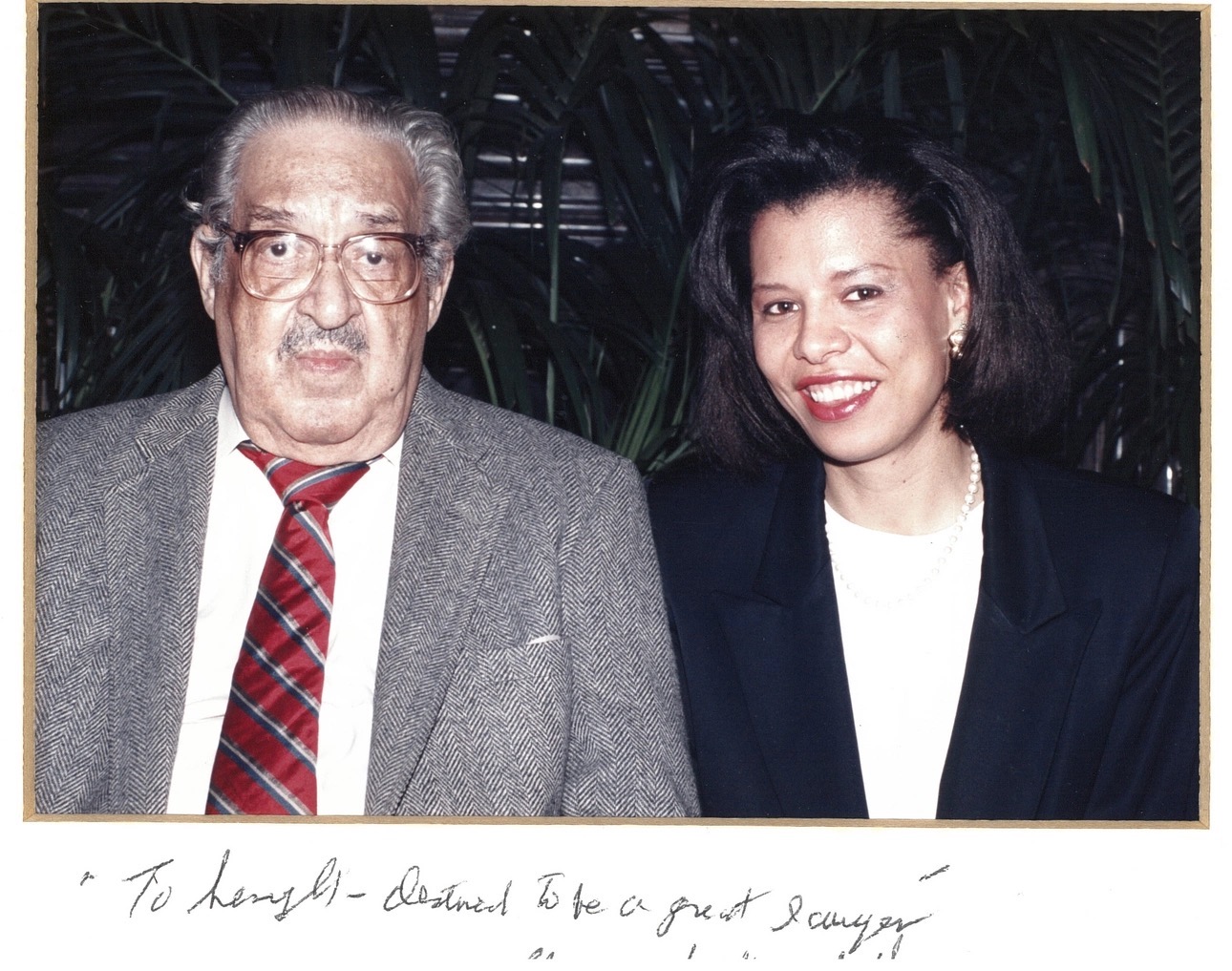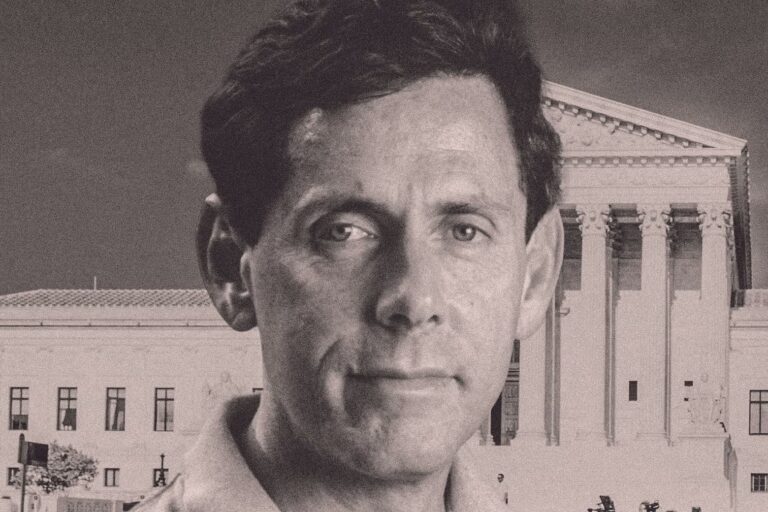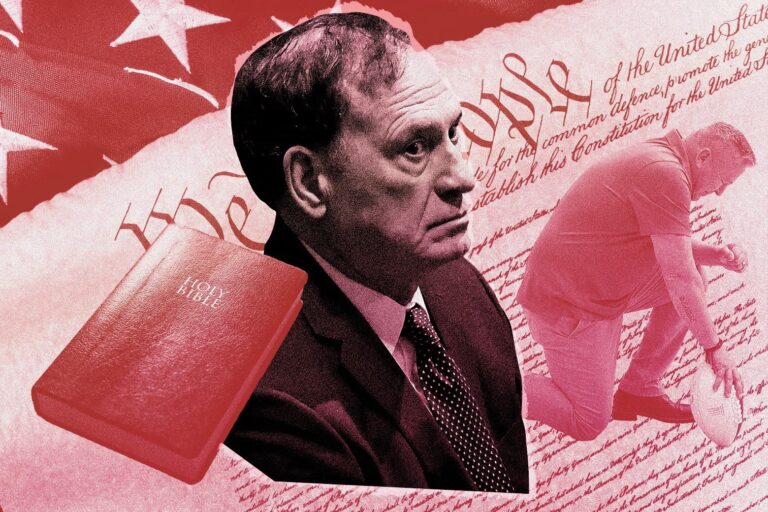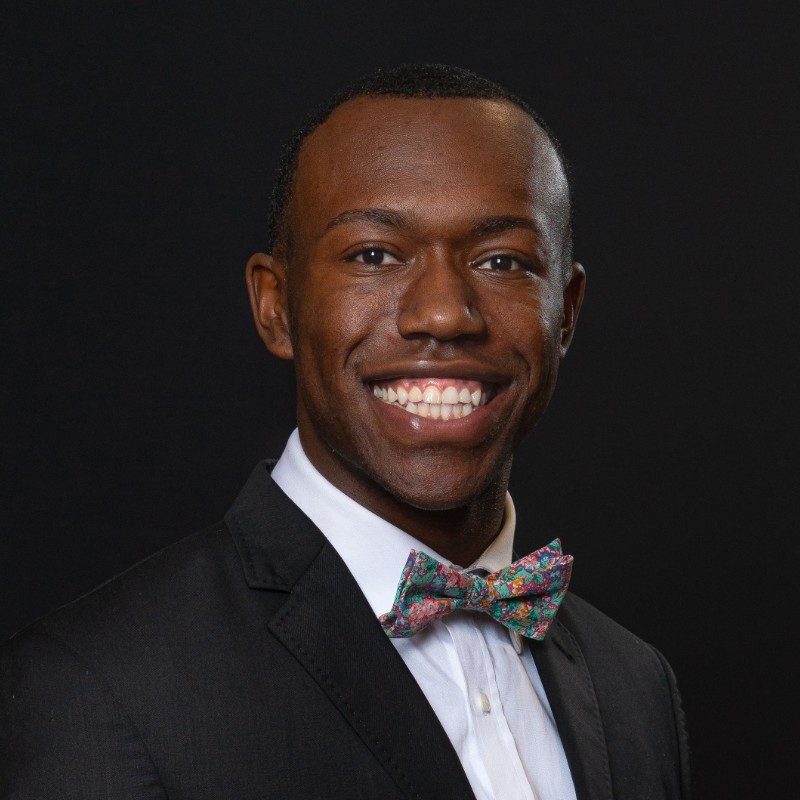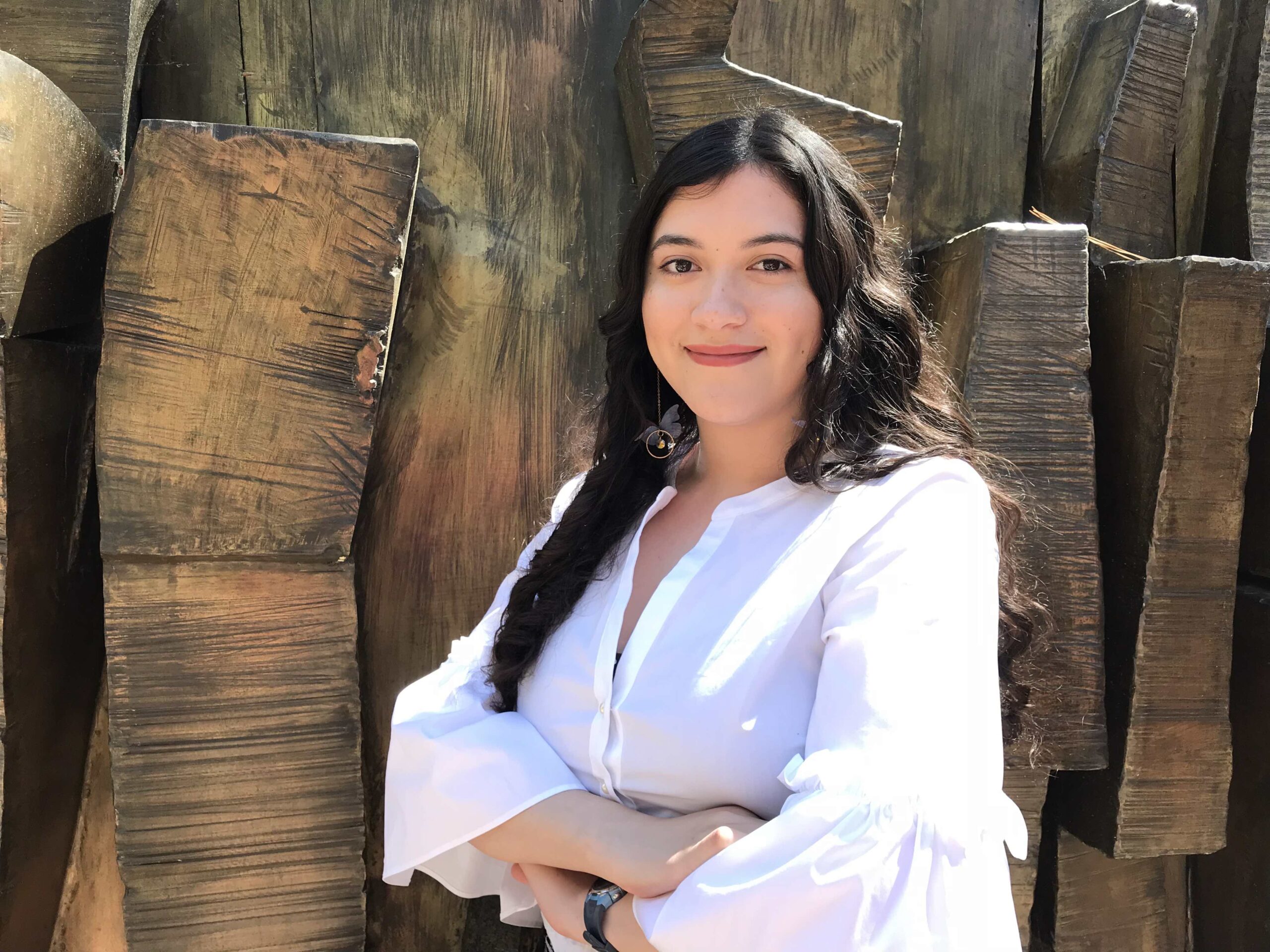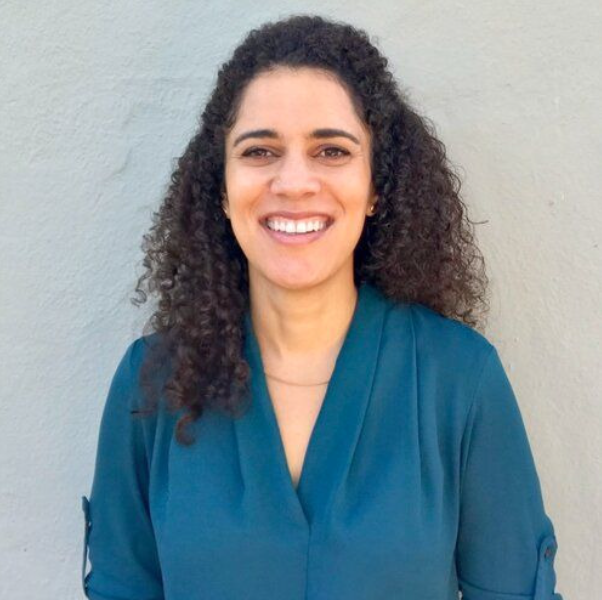Rolling back diversity programs is pure cowardice
Say It Louder
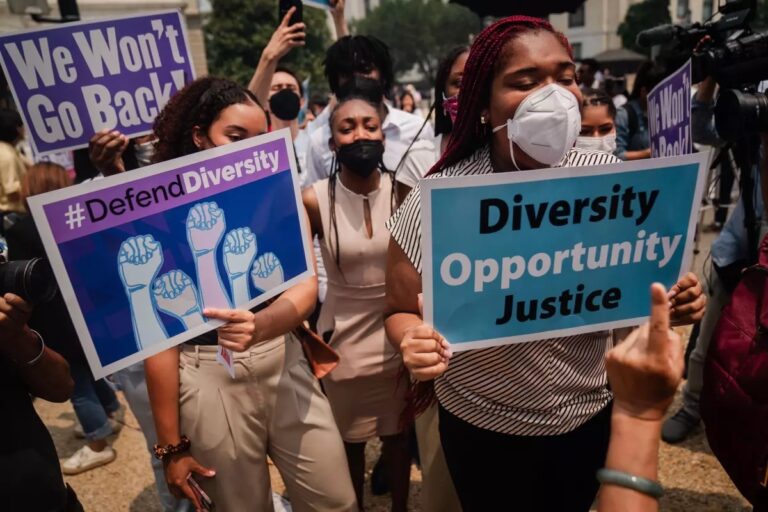
Fatimah Gilliam is the author of “Race Rules: What Your Black Friend Won’t Tell You” and a diversity, negotiations and leadership expert, lawyer, consultant and speaker.
Schools, companies, government organizations and individuals are throwing out diversity, equity and inclusion practices, confirming suspicions that many never truly valued the case for DEI and instead prioritize status quo opportunity hoarding. The result is that DEI experts within organizations and employees of color have less power to change discriminatory practices, and may fear that speaking honestly will jeopardize their livelihoods.
Since last summer, the Supreme Court overturned race-based affirmative action in college admissions, Harvard University’s Claudine Gay was pushed to resign as part of a right-wing campaign to undermine DEI efforts, and the University of Florida terminated all DEI positions. In March, Johns Hopkins Medicine’s Chief Diversity Officer resigned after fierce backlash to her defining “privilege” in broad, widely accepted terms (as “unearned benefits” often conferred to white, male, able-bodied, heterosexual and other individuals from dominant groups).
Read the rest on LA Times
The lawyers who decimated affirmative action are coming for racial justice next
Speaking Of...
Last summer, in Students for Fair Admissions v. Harvard College, the Supreme Court’s conservative supermajority struck down race-conscious admission programs adopted by Harvard College and the University of North Carolina as violations of the 14th Amendment’s equal protection clause. In doing so, the court’s conservative supermajority both ignored that the Framers of the 14th Amendment were the originators of affirmative action and turned a blind eye to entrenched racial inequalities that make a mockery of the constitutional promise of equal citizenship. Now, Edward Blum, who was behind the attack on affirmative action in the SFFA case, and other conservative litigants intent on blocking racial justice efforts have a new strategy: remake the nation’s oldest federal civil rights law, the Civil Rights Act of 1866, into a weapon to challenge private efforts to ameliorate systemic racial discrimination and to redress the racial wealth gap.
Last week, in American Alliance for Equal Rights v. Fearless Fund Management, a divided panel of the U.S. Court of Appeals for the 11th Circuit became the first federal court of appeals to place its imprimatur on Blum’s new tactic. In a 2–1 ruling, the court of appeals held that Fearless Fund’s grant program to provide capital funding to small businesses run by Black women violated a key federal civil rights statute that dates back to the Civil Rights Act of 1866.
Read the rest on Slate
Thurgood Marshall was my mentor. He would be furious with today’s Court.
More Of This
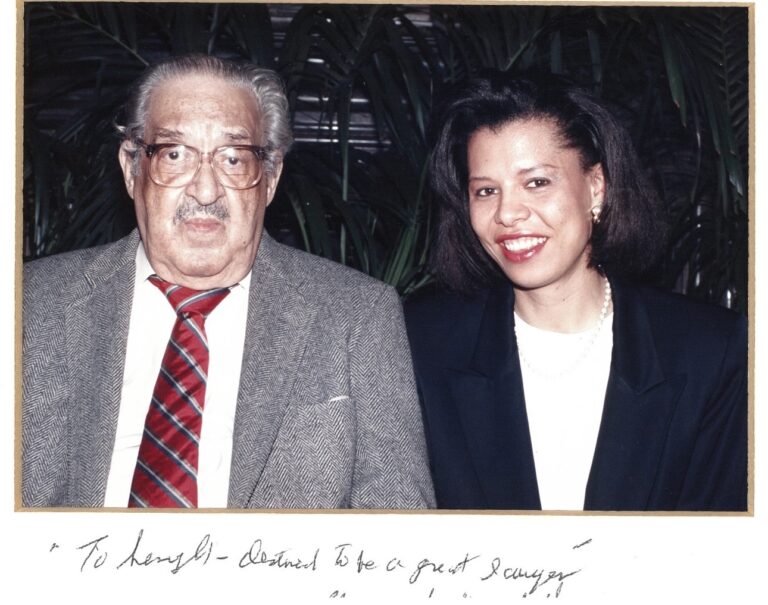
Sheryll Cashin is a law professor at Georgetown University and author of several books on racial justice and American democracy.
Thurgood Marshall was not happy.
It was 1990, and the Supreme Court was considering a case that threatened to undermine his life’s work: The school district in Board of Education of Oklahoma City Public Schools v. Dowell wanted to free itself from a federal-court integration order, allowing a retreat to “Black” and “white” neighborhood schools. As he saw it, that was a direct assault on Brown v. Board of Education, his crowning achievement as a litigator. Thirty-six years before, he successfully argued Brown for the NAACP’s Legal Defense Fund, to desegregate the nation’s public schools, root and branch — or so we thought.
It was my second year out of law school and I had the honor of clerking for “Mr. Civil Rights” in his last active year on the Supreme Court.
He was 82 and declining physically but still sharp and withering in both his humor and legal analysis, his rotund frame and raspy voice filling the cloistered conference room next to his office.
Read the rest on Politico
Religious right no longer hiding what they are doing to the Courts
Less Of This
Katherine Stewart, a journalist and author of The Power Worshippers: Inside The Dangerous Rise of Religious Nationalism.
Religion is everywhere in American legal discourse, but only one side is really comfortable talking about it. Religion is why Dobbs talks about the “unborn human being,” and it’s why religious website designers have now been given a singular opt-out from providing services to their paying customers. It’s why Justice Samuel Alito went to Rome shortly after Dobbs was decided, to fret publicly that “religious liberty is under attack in many places because it is dangerous to those who want to hold complete power.” Religion is why Federalist Society chairman Leonard Leo flies an “Appeal to Heaven” flag. It’s why Speaker Mike Johnson also flies an “Appeal to Heaven” flag. Oh, and it’s also why Martha-Ann Alito flies an “Appeal to Heaven” flag.
And it’s clear that extreme religionists are very, very comfortable talking about extreme religion amongst themselves, even if the rest of us have been slow to recognize and name that pattern in political conversation. Just think about how Mark Meadows and his “Stop the Steal” pen pal, Ginni Thomas, were happily writing about how “Evil always looks like the victor until the King of Kings triumphs,” and how the former president screens a video called “God Made Trump” at his rallies, and how Project 2025 is teeming with theological ideas.
Read the rest on Slate
Transgender Law Center hiring Legal Fellow
The position is within the Border Butterflies project and will provide direct legal support to LGBTQ asylum seekers living in the United States.
The Border Butterflies Project aims to support LGBTQ asylum seekers at the US-Mexico border with legal, humanitarian, post-detention, and organizing support. This position, which can be performed remotely anywhere throughout California, will be hosted by Transgender Law Center.
Apply >




